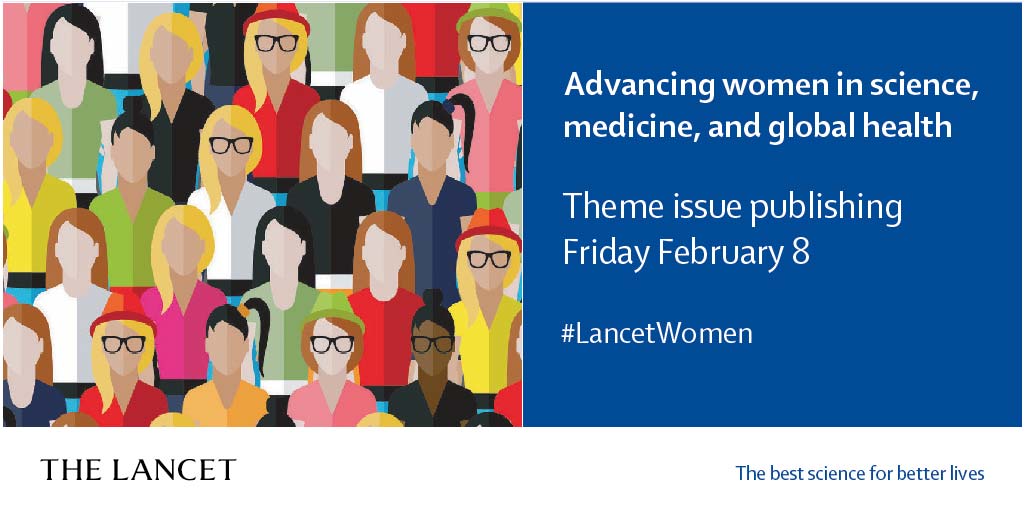Gender equality is a significant determinant of health for all people, of all genders, the world over. For example, people that don’t conform to strict male/female gender norms face discrimination, social isolation, and mental health issues arising from this. Restrictive gender norms that force women into economically and socially subservient positions provide fertile ground for violence against women. Norms that force men into traditionally masculine roles of toughness, breadwinning, and invincibility feed into potentially fatal risk taking behaviours and serious mental health issues.
Achieving gender equality is a global challenge. Science and medicine have a major role to play in this. We need research to deepen our understanding of the issues, ensuring the data we collect is rich and nuanced. We need to develop strategies to address inequality at international, national, and community levels. The healthcare workforce need to provide equitable care for all people and educate the community in practical ways that will support equality. We need to do cross-disciplinary research to ensure we understand how gender intersects with other social determinants of health such as socioeconomic status and race.
To do this well we need to look closely at our own backyard. Why are there persistent gender inequities in scientific, medical, and global health workforces? What pressures and unconscious biases cause the ‘leaky pipeline’ that squanders female talent in these sectors? How can we ensure that male researchers and doctors have equal opportunities to engage with their home and family life? The corporate world has shown us that more diverse workforces lead to greater productivity. There is evidence emerging that the gender of your healthcare provider may significantly affect how well they communicate with you, how accurately they interpret your symptoms, whether they offer you lifestyle advice, and may even affect your mortality. Imagine the meaningful change we could effect if we uncovered the drivers of these phenomena. We could use this knowledge to develop nuanced research questions and create precisely targeted, practical, effective healthcare strategies. In the corporate world, diversity is pursued to ensure that the corporate team understands their market better, leading to better advertising, more precise product targeting, ultimately translating into higher profits. In science and healthcare, we should pursue diversity in our workforce so that we understand our population better, enabling us to collect more meaningful data, communicate more effectively, understand their healthcare needs more fully, ultimately translating into the best health outcomes possible.
On February 8th, The Lancet medical journal will launch a special theme issue on women in science, medicine, and global health. For a journal of such stature to engage with these issues is heartening and inspiring. I look forward to the rich array of content and the resulting insights and new directions we will discover. In a review paper for the Lancet Women issue, Dr Geordan Shannon, I, and a team of other authors set out to review the evidence for why gender equality in science, medicine, and global health matters. We conclude that, “…we are in the position to demand more from the evidence, to innovate beyond current discourses, and to realise true gender equality for everyone, everywhere. Achieving gender equality is not simply instrumental for health and development; its impact has wide-ranging benefits and is a matter of fairness and social justice for everyone.” Bravo, #LancetWomen – I am privileged to be one of you.



Recent Comments